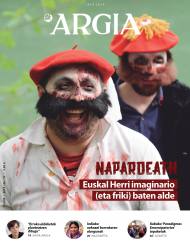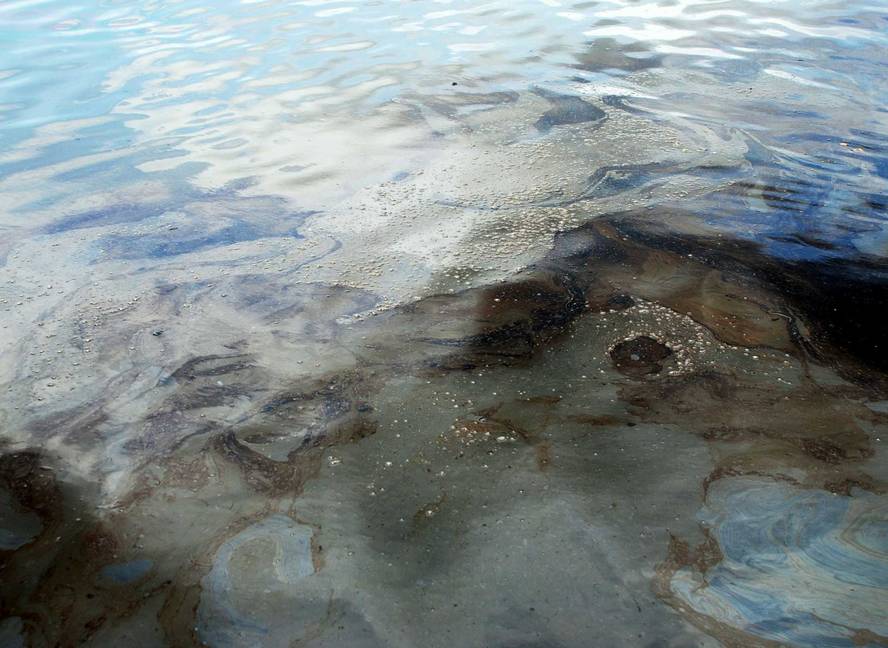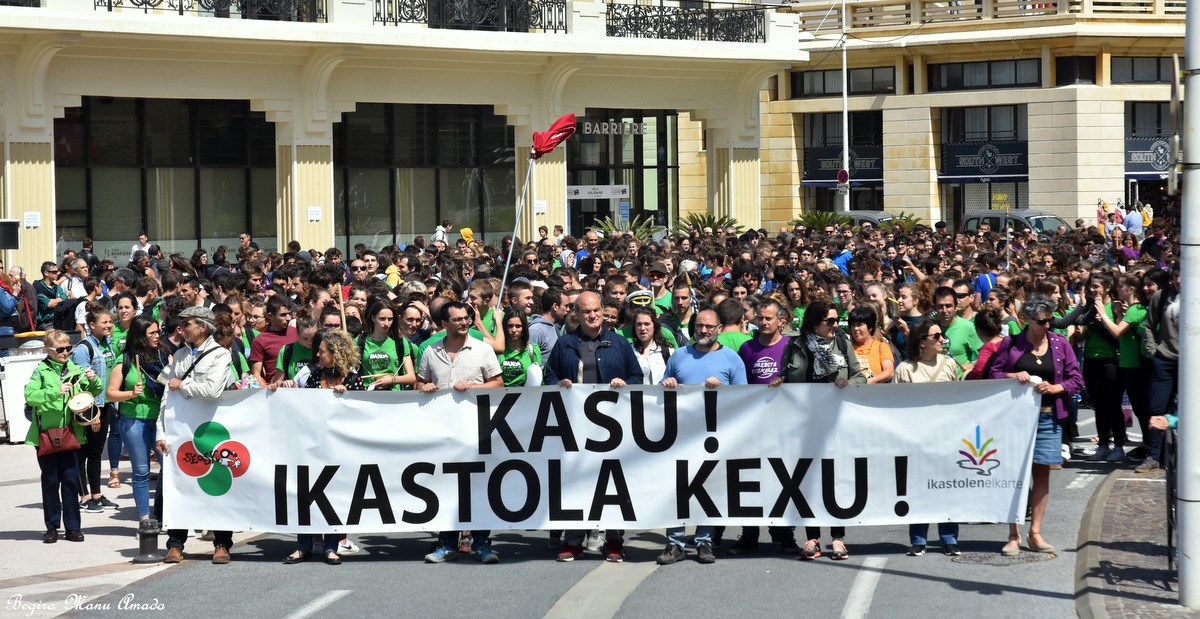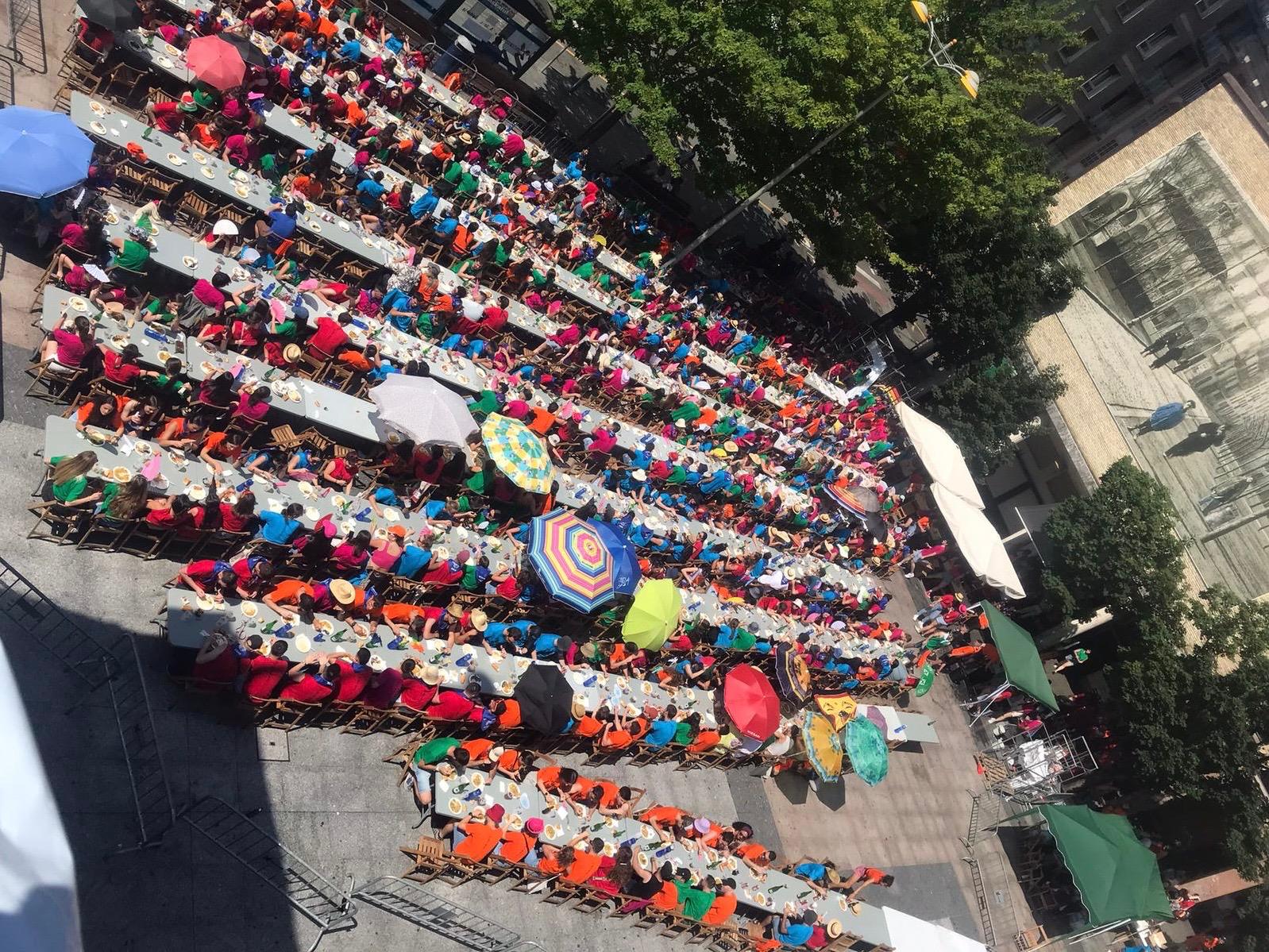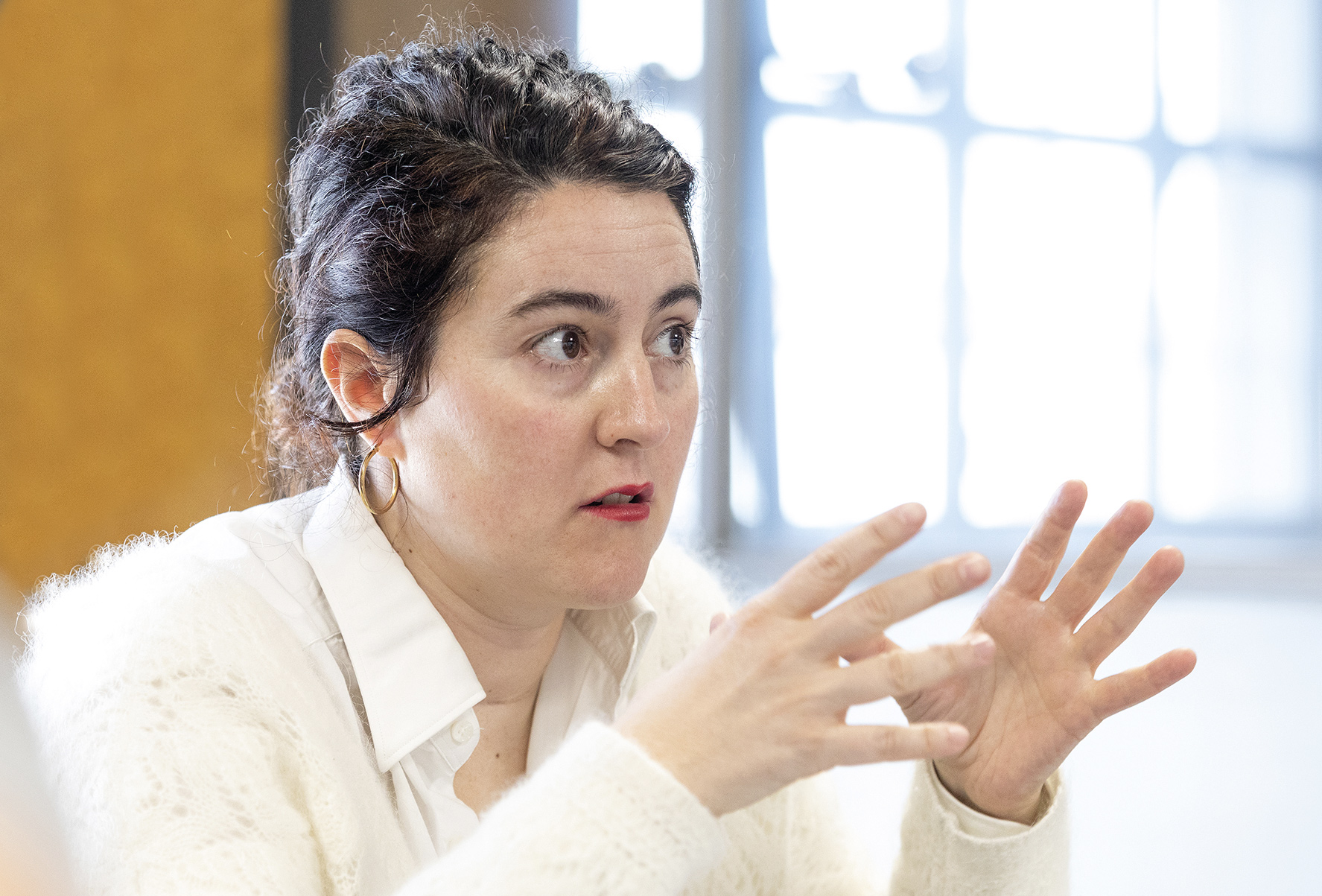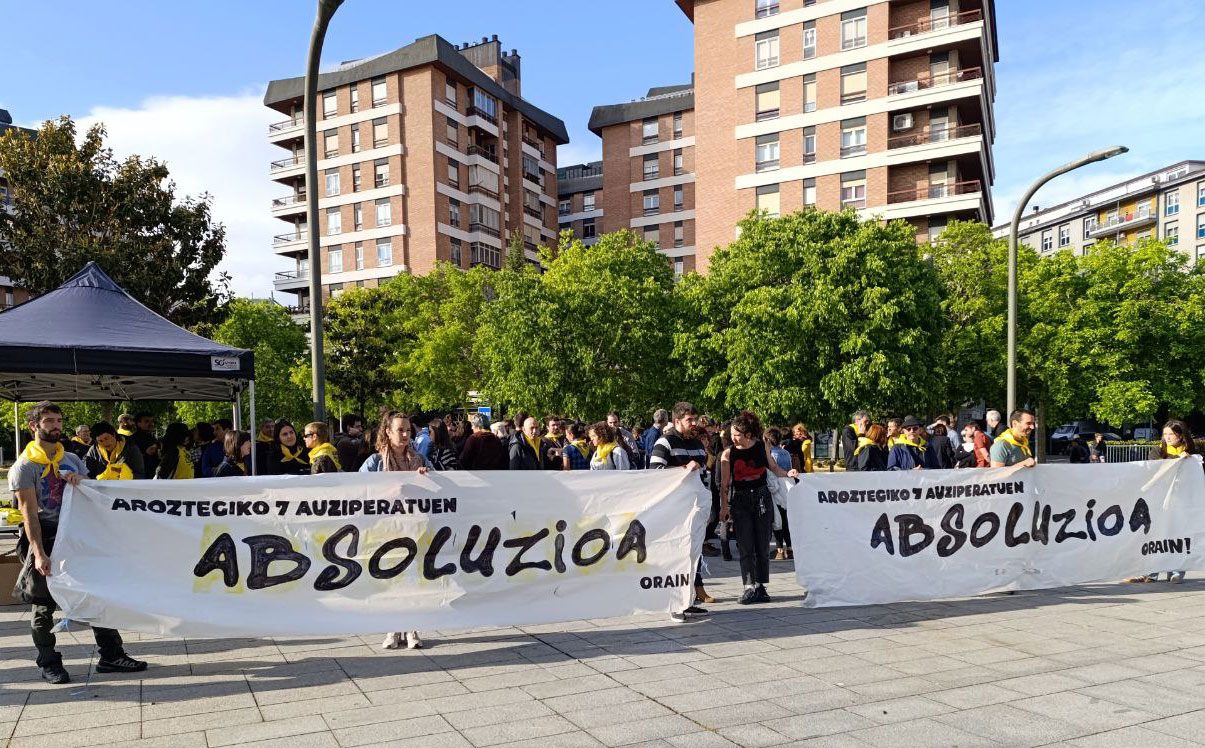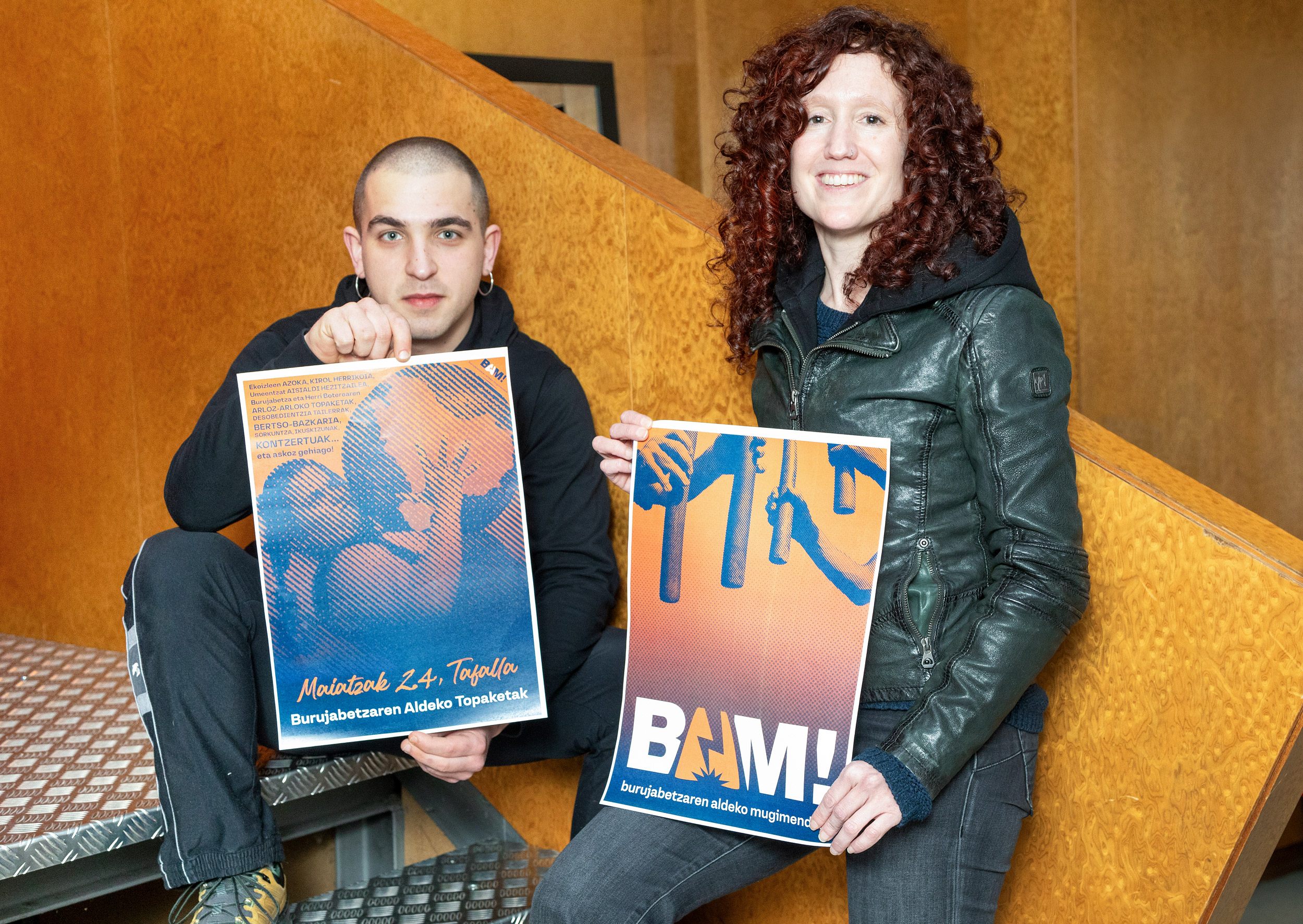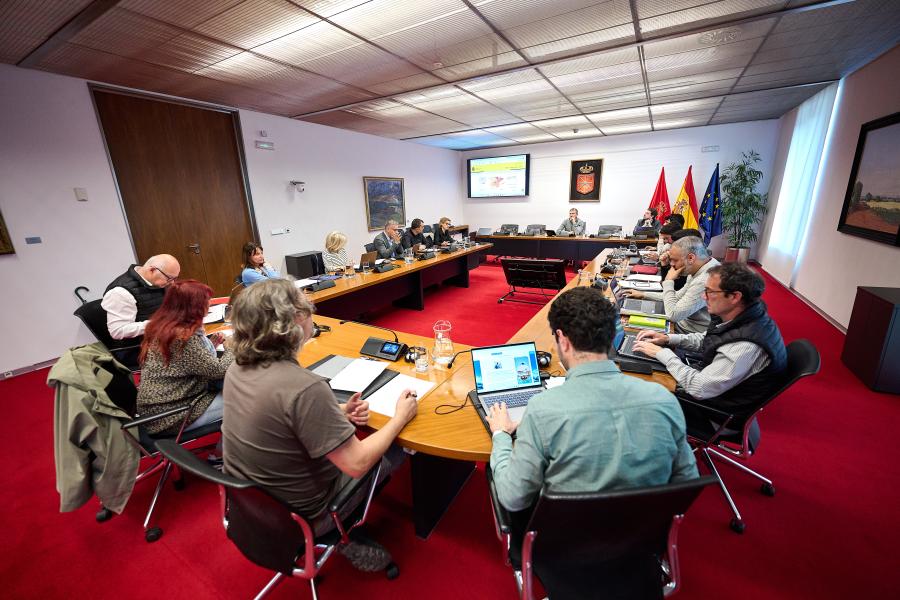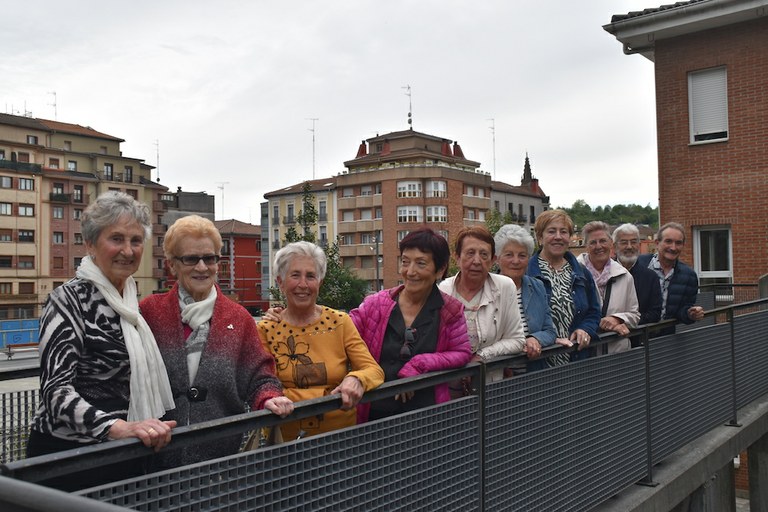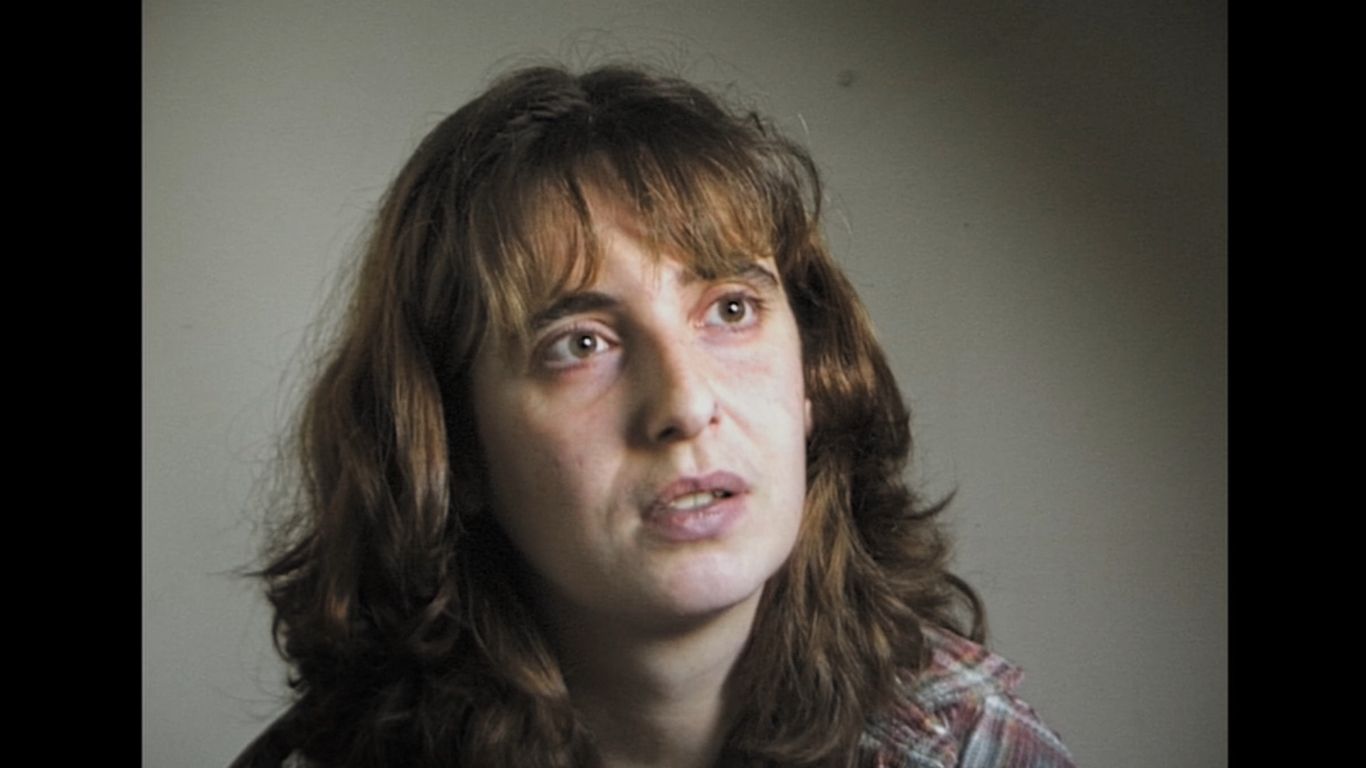By "escape games"

You may have noticed, reader, more and more escape games like Escape Game are being organized, not only in the big cities of the world, but also in smaller ones like Baiona, Urruña or Irun. These escape games are the physical variant of Escape the room games. The principle is that players imprisoned in a room can find a way out, adopting a proper logical strategy. Sometimes it's about solving a mystery or revealing the guilt of a crime. Players only have one hour to do so – as the game driver’s voices remind them during the game. It is a game that is made in group, family or group. It should also be noted that each game proposes a universe with its corresponding adornments and inventions. In some cases, there is also a story that follows a special script. In the most recent games, in addition, there are actors that guarantee the credibility of the environment, disguised as zombies, ghosts, pirates or terrorists. Escape games have appeared since 2008, first in Japan and Asia, then in Europe and the United States.
I know people who are angered by those escape games, in my closest environment. What they feel is to physically live the pleasure of undressing enigmas and violent sensations – it has to be said that more and more escapes games bring customers into a terrible world, where the heart stays in the pil-pil. For these prisoners, the pastime is only nice, an extension of what the electronic games they perform on their computer or tablet offer. I am rather bothered by this new phenomenon, because I am certainly not too shy about electronic innovations and their evolution, especially in the field of leisure.
It is clear that everyone has the right to have fun in these kinds of games. On the other hand, in the classes we are also recommended to organize this type of games with the students: in this case, I find it very interesting, for example, that children use what they have learned about a subject to build the game; it can be a fun way to collect a course. However, the development of these games raises some questions or concerns.
It seems to me that, first, through the physical adaptation of video games, the diffusion of sterile virtual universes, it helps to move away from reality, and that does not seem appropriate to me: the desire to understand the essence of reality, the need to mitigate its violence and the purpose of improving it are so urgent that I find the pleasure of wearing time in artificial realities absurd. To put it another way, I consider these escapes as an instrument to escape reality and not as art or literature, as a means to try to catch reality. In addition, these escape games are usually ephemeral: after people use them for a certain period of time, organizers change their place or they get rid of. I therefore see no real value.
Secondly, I am concerned to see that in order to be fashionable in some historic areas of the Basque Country escape games are organised, such as the Urtubi Palace in Urruña. Perhaps I am referring to prejudices, because I have not demonstrated the game called Escape from the château, but since its presentation I can say that the animation does not have a pedagogical objective (it could be to make known the history and the local heritage), but a mere tourism promotion of the area and the satisfaction of this type of player.
Washingtongo Israelgo enbaxadako bi langileri tiroz hilda agertu eta gero egin ditu adierazpenak Israelgo lehen ministroak. Europako zenbait gobernuk Gazaren sarraskiaren aurka egindako adierazpenek hilketarekin zerikusi zuzena duela esan du Israelgo Gobernuak.
Mireia Centeno Gutierrez psikopedagogoak haurren elikaduraren inguruko zenbait gako eman ditu; hala nola jatera behartzeak eta jakiak debekatzeak dituen ondorioak aipatu ditu.
The defendants testified on Thursday, and their statements could be summarized as follows: The citizens who gathered in the square of legumes or in the camping area decided collectively what to do, in general, to go to the field of the works and put them passively in... [+]
Historically, a court of the Spanish Monarchy passed the following resolution: "The officers in charge of the custody of Iratxe Sorzabal applied electrodes to force him to testify, which constitutes a flagrant violation of his fundamental human rights." In other words, after the... [+]









